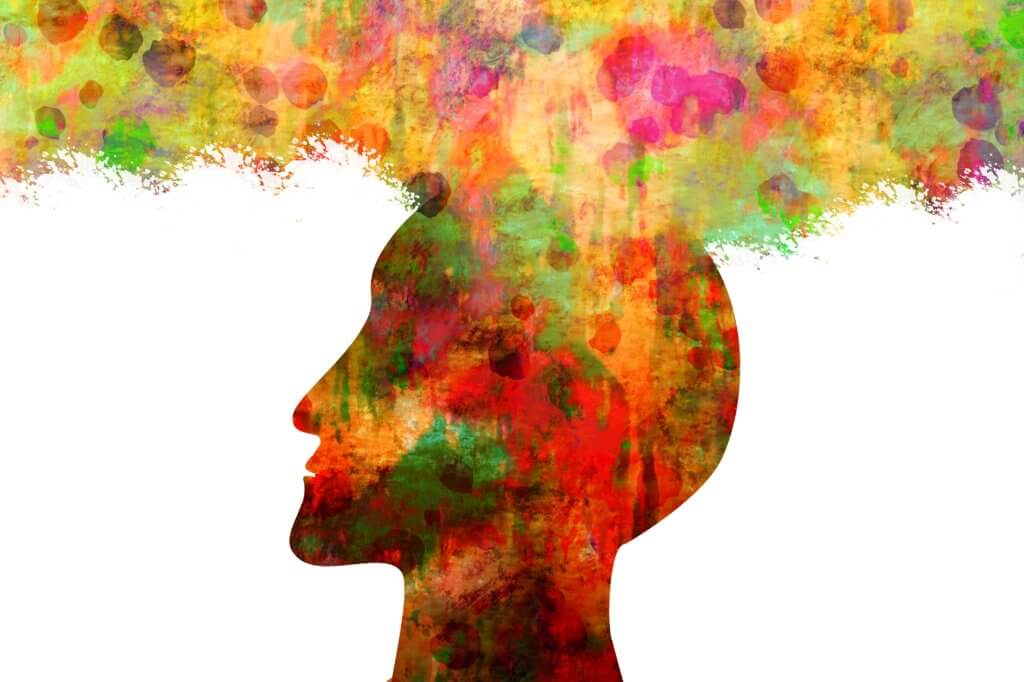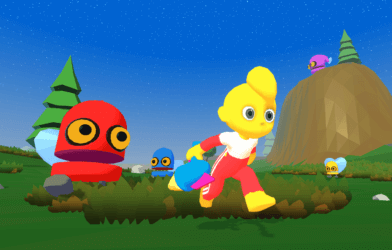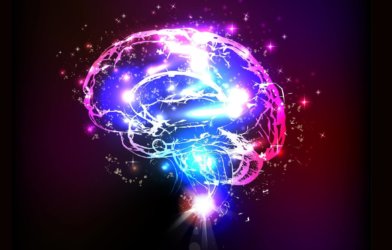Someone who’s seasoned at the popular apps Wordle or Words with Friends is probably also more likely to be good at Scrabble. In psychology terms, this is called “near transfer,” which describes when training in one situation provides transferable skills to another similar situation.
A group of psychologists at UC Riverside (UCR) and UC Irvine (UCI) researched the extent to which working memory of a trained task transferred to a different, or untrained task, which is “far transfer.” In other words, could a fast runner also be a fast cyclist? While near transfer is pretty accepted, the idea that that working memory can enhance performance in activities not previously trained remains a highly controversial topic in psychology.
In one study, coauthor Aaron Seitz, a professor of psychology at UCR and the director of the UCR Brain Game Center for Mental Fitness and Well-Being concludes, “if you get near transfer, it is very likely that you also get far transfer.”
Seitz also notes that there are possible variables involved in determining if someone actually gets far transfer. This could include certain training being ineffective, or participants dividing their attention during training.
“Some people do very well in training, such as playing a video game, but they don’t show near transfer perhaps because they are using highly specific strategies,” says first author, Anja Pahor, an assistant research psychologist at UCR and a project scientist in the Department of Psychology at the University of Maribor in Slovenia. As such, it’s expected that if certain training isn’t effective enough for near transfer, then far transfer ability isn’t likely.
Seitz adds that there are several brain training games that claim to improve cognitive function, while studies show conflicting results. However, by examining these games, new ones tailored to cognitive needs can be developed.
To delve deeper, his team is conducting a citizen science project involving different styles of brain training for 30,000 participants. They are welcoming anybody 18 and over to learn more about their mission or to sign up for participation.
“Almost everyone has access to an app or plays a game on a computer and it is easy to get seduced by the claims of some companies,” says co-author Susanne Jaeggi, a professor of education at UCI and director of the UCI Working Memory and Plasticity Lab, in a statement.
By analyzing ways to improve the frameworks of brain games and apps, valuable breakthroughs could become essential to the elderly and those suffering from certain cognitive impairments that hinder learning.
The study is published in the journal Nature Human Behavior.











